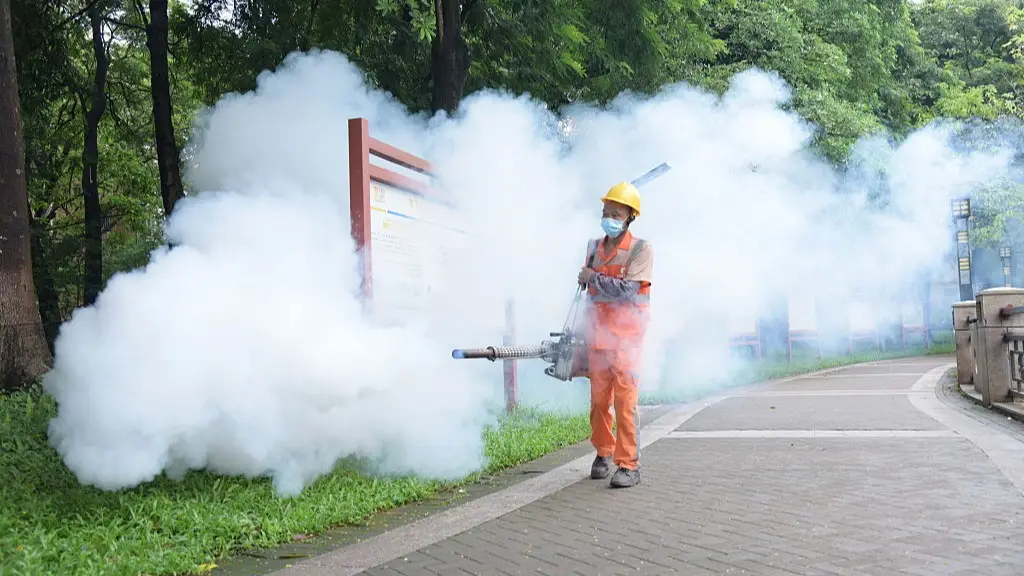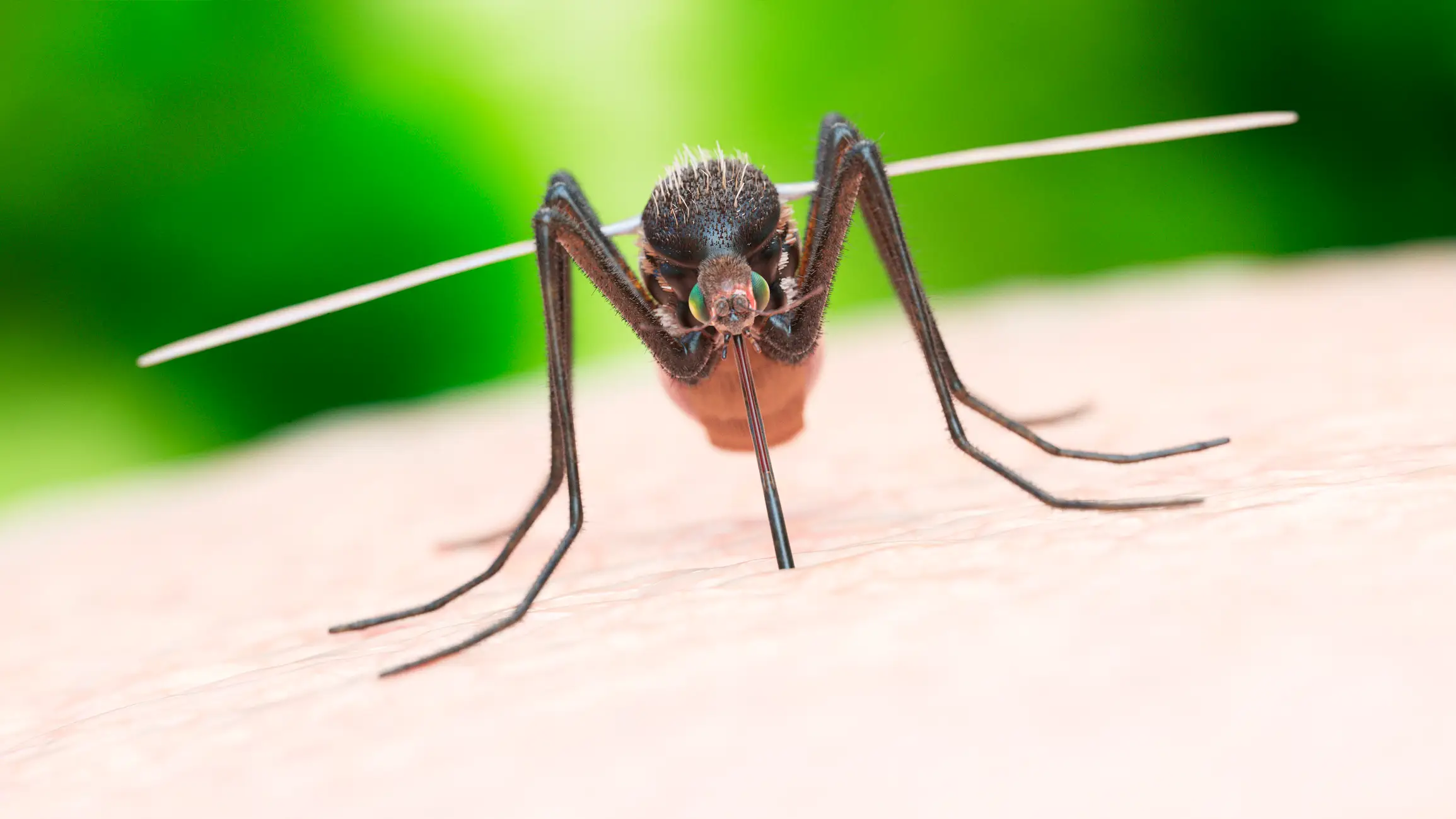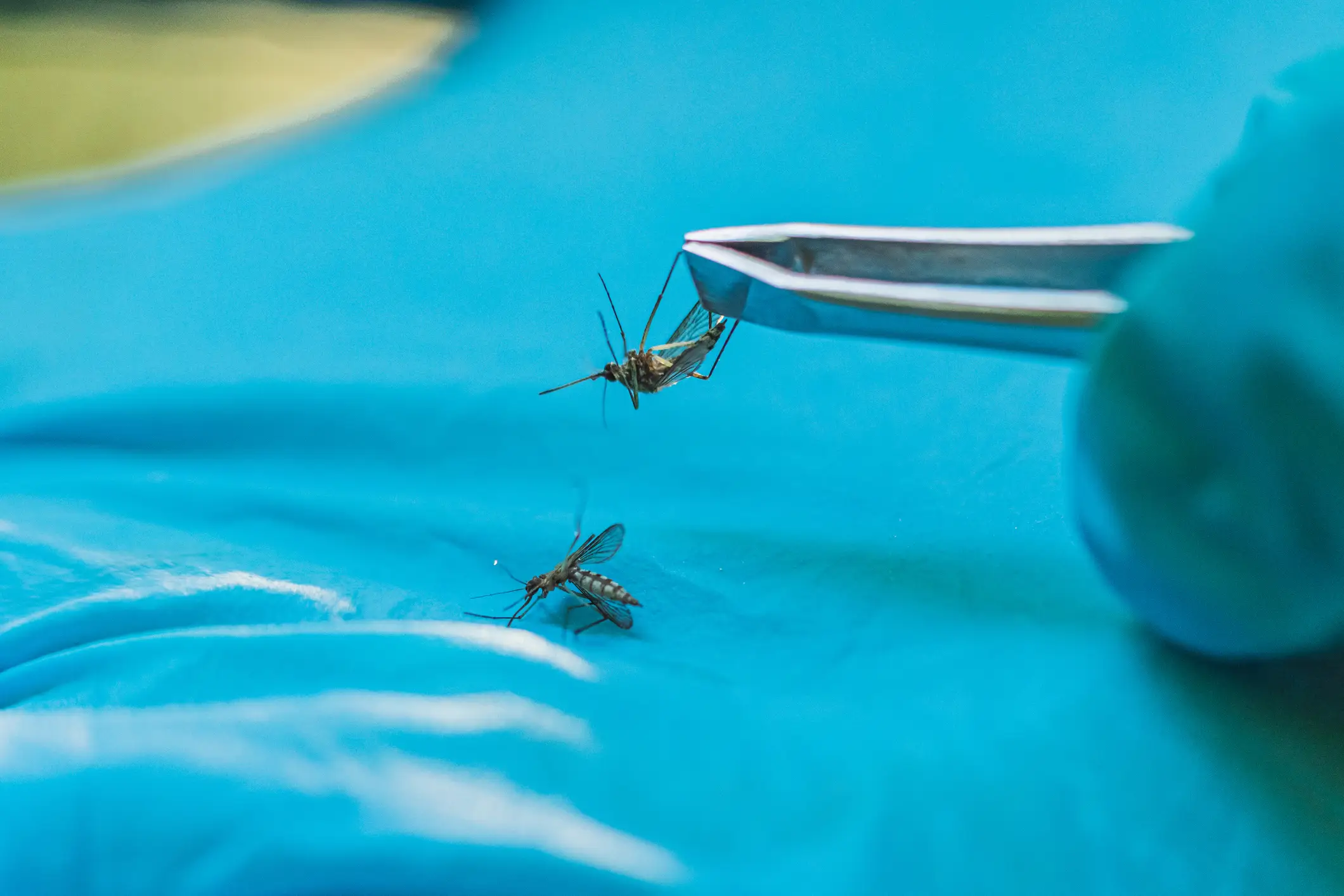
Mosquitoes capable of carrying the chikungunya virus that caused 'pandemic measures' in China have been found in the UK.
This summer's chikungunya outbreak in China was caused by mosquitoes, specifically Aedes aegypti and Aedes albopictus (the Asian tiger mosquito).
Southern China, especially the Guangdong province and the city of Foshan, saw its largest chikungunya outbreak ever, exceeding over 10,000 cases.
Transmission was driven by mosquito-borne transmission, not by person-to-person spread, according to the CDC.
Advert
To control spread, authorities deployed 'pandemic-style' measures; patients were hospitalised under mosquito nets, travel was monitored, and massive insecticide spraying was used.
Aedes aegypti, also known as the Egyptian mosquito, are known vectors of several diseases including dengue, chikungunya and Zika.
A recent report published by the UK Health Security Agency (UKHSA) revealed the results of surveillance traps they put in place to catch such mosquitoes.

They detected Egyptian mosquito eggs in a freight storage facility near London's Heathrow Airport in September 2023, as well as actual tiger mosquitoes at a motorway service station in Kent in August 2024.
Usually, such mosquitoes are located in subtropical and tropical regions, however, the tiger mosquito has now established populations across parts of Europe and in the US, highlighting their ability to survive in different climates.

Dr Oliver Brady, an associate professor at the London School of Hygiene and Tropical Medicine, said the results act as 'more confirmation that the threat [to Britain] is real', as per The Telegraph.
While the authors of the study noted that land transport, where it is warm and wet, are sites any mosquitoes are more likely to be at.

As reported by Sky News, Colin Johnston, the lead author of the study and senior medical entomologist at the UKHSA, said: "Each detection triggered enhanced local surveillance and control measures, and the fact that no further specimens were found suggests these were isolated incursions.
"The collaborative efforts between UKHSA, local authorities and landowners were key to rapidly mobilising and preventing the establishment of invasive mosquitoes."
Dr Oliver Brady also added: “At the moment … there are no mosquito species in the UK that can transmit arboviruses [like dengue and Zika],” he said.
“But this is the first evidence that they are starting to be imported, and potentially could become established in the future.”